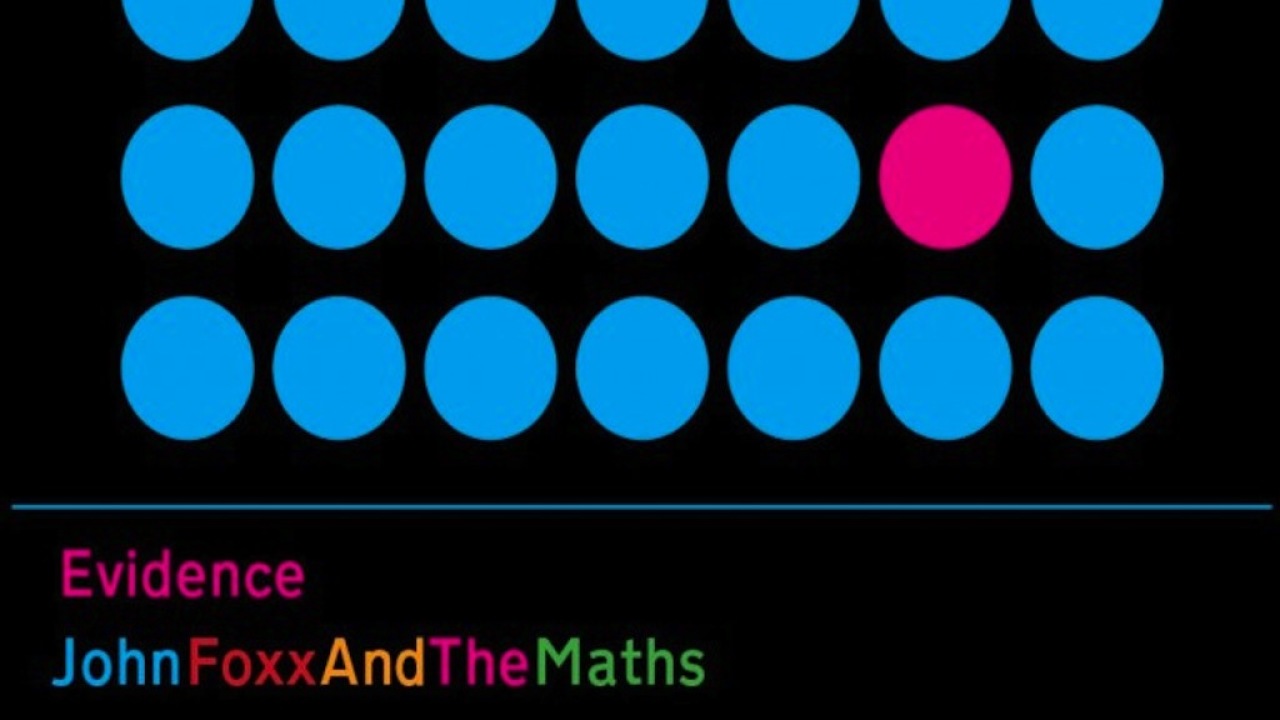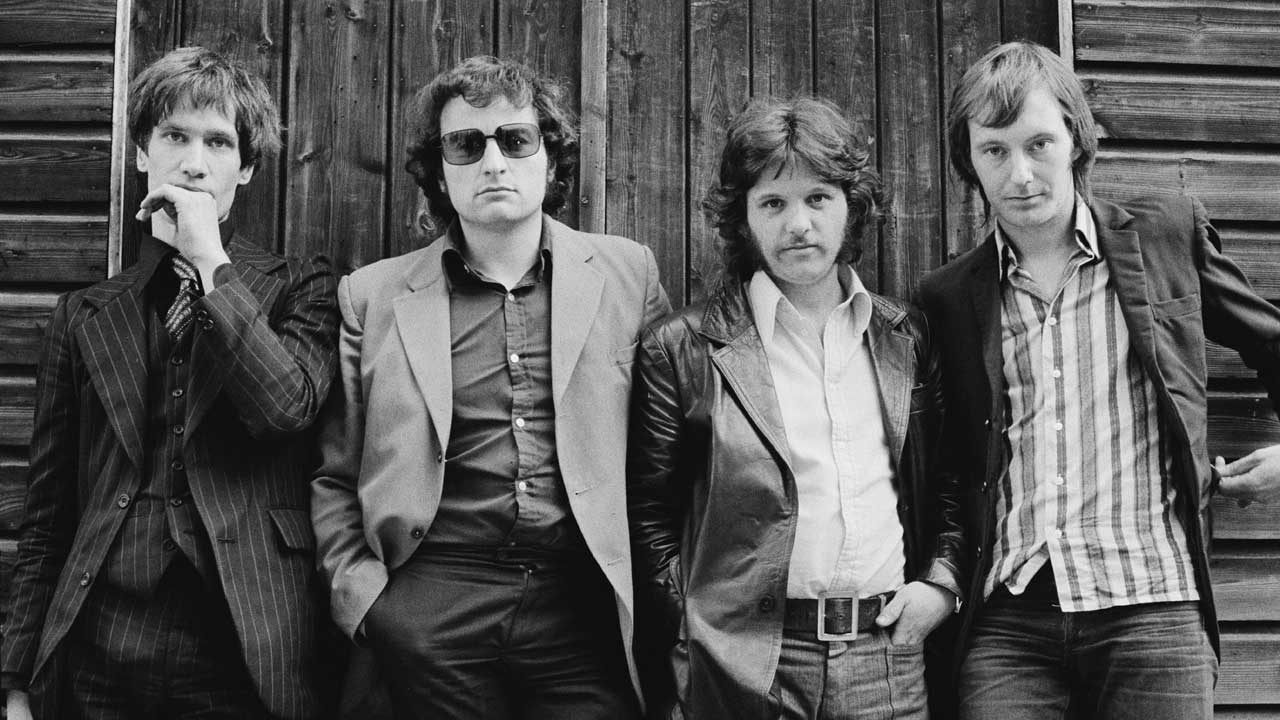You can trust Louder
Cementing his cult reputation in electronic music circles, former Ultravox frontman turned post-punk synth-pop pioneer Dennis Leigh has refreshed his creative muse with consistently excellent work in recent years.
His third album with The Maths, a fluid collective of collaborators including electronica artist Benge and “space violin” player Hannah Peel, is a richly layered mix of analogue and digital, vintage cyber-pop tropes and contemporary techno textures. While chilly monochrome paranoia-scapes like My Town almost sound like Foxx spoofing his alienated younger self, more bleepy tracks like Personal Magnetism and Changelings acknowledge the warm-blooded hedonism of modern machine music.
The mesmerising monologue Talk (Beneath Your Dream) feels like vintage Laurie Anderson, the gorgeous retro-futurist ballad A Falling Star could be prime-time Roxy Music, while the whooshing sci-fi remake of Pink Floyd’s Have A Cigar is an improvement on the original. Lush and romantic, Evidence is the kind of timeless electronic album you can dream inside.
Sign up below to get the latest from Classic Rock, plus exclusive special offers, direct to your inbox!
Stephen Dalton has been writing about all things rock for more than 30 years, starting in the late Eighties at the New Musical Express (RIP) when it was still an annoyingly pompous analogue weekly paper printed on dead trees and sold in actual physical shops. For the last decade or so he has been a regular contributor to Classic Rock magazine. He has also written about music and film for Uncut, Vox, Prog, The Quietus, Electronic Sound, Rolling Stone, The Times, The London Evening Standard, Wallpaper, The Film Verdict, Sight and Sound, The Hollywood Reporter and others, including some even more disreputable publications.


